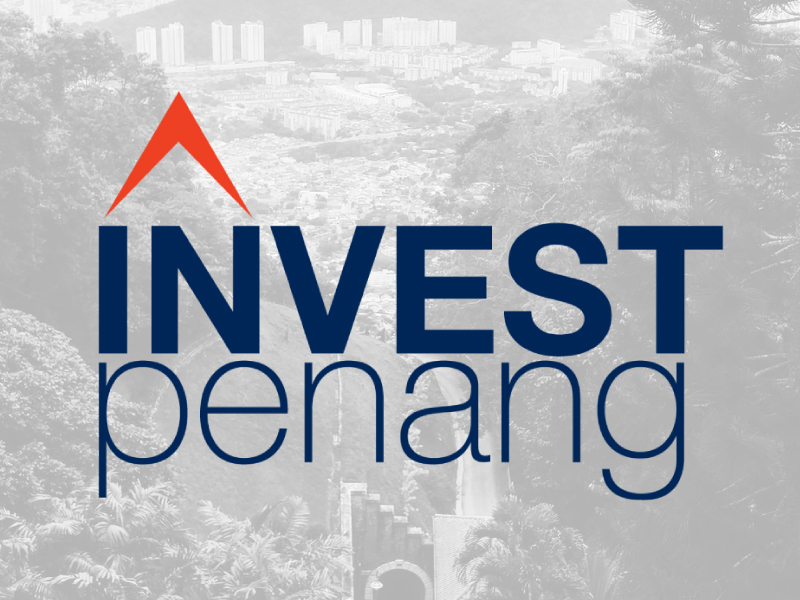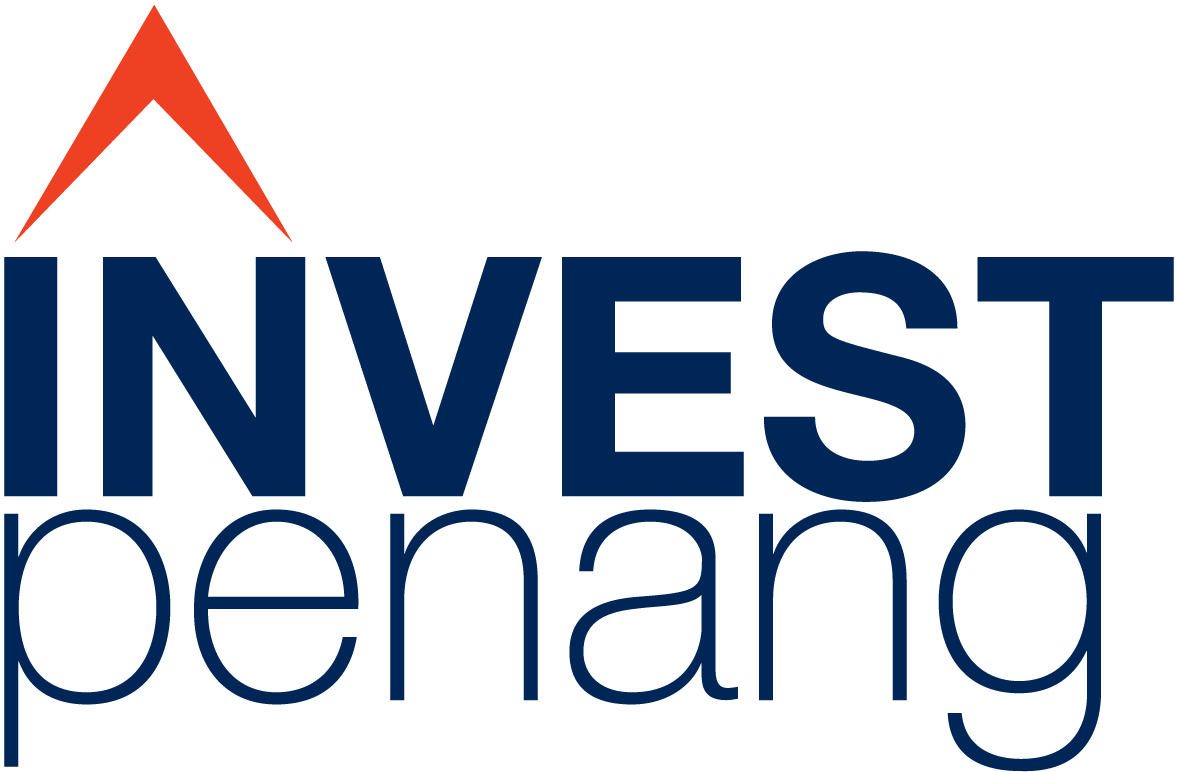
Addressing Vaccines and SOP Issues are Key for Industrial Sustainability


Joint statement of Penang Manufacturing Industry Advisory Council members:
InvestPenang, AMMI, FMM, FREPENCA, SAMENTA
PENANG, Aug 27, 2021 – Penang, being a vital economic powerhouse of the country, is placed in a challenging situation with the recent surge in Covid cases. Despite the State’s effort in ramping up the capacity of vaccination centres (PPV), the inconsistent supply of vaccines in Penang has thrown a spanner in the works. As of 25 Aug, 38.9% of Penang’s total population is fully inoculated, lower than Malaysia’s 42.4% and way below other states like Sarawak, Klang Valley and Negeri Sembilan.
The Penang Manufacturing Industry Advisory Council (PMIAC) would like to stress on the following after its meeting held on 25 August 2021, chaired by the Deputy Chairman, Dato’ Seri Lee Kah Choon:
- Industry offers their PPVs for vaccination
Penang state is now at a critical juncture to boost vaccine supply for the outbreak to abate. The Council would like to urge the Federal government to allocate more vaccines to the State as it has the capacity to elevate vaccination with the increase in vaccine supplies. Given that several on-site PPVs have completed the planned inoculation, some companies wish to offer Small and Medium Enterprises (SMEs) to leverage their on-site PPV for vaccinations with the increased vaccine supply from federal, instead of closing them down.
- Streamlined enforcement and increase transparency on SOPs for better business planning
The current situation of Standard Operating Procedures (SOPs) enforcement has undeniably created uncertainties and challenges for companies to make proper planning in both current operations and directions going forward. This includes the workforce arrangements to maintain production and ensure timely fulfilment of clients’ orders, among others. The uncoordinated enforcement criteria adopted by the respective authorities resulted in an obscure environment for the industry players. The council would like to call for consistent, transparent and streamlined SOPs that are clearly communicated across for better adoption and enforcement.
- Concerns on affordability and sustainability of regular Covid testing in the workplace
The Ministry of International Trade and Industry (MITI) announced in mid-August that employees who need to be present at workplaces must undergo fortnightly RTK Antigen tests. While the Council believes periodic Covid-19 testing of workforce and isolating workers confirmed positive is a good practice, a blanket mandatory obligation for all workforce at the manufacturing site to undergo such test presents challenges and shortcomings. These include the supply of RTK Antigen test kits to meet both industry and community demand and the costs incurred at the current mandated frequency will be burdensome to the industry, especially the SMEs.
The Council would like to put forth the following suggestions:
- To re-evaluate the mandatory requirement for the test frequency in the industry.
- To pool procure RTK Antigen Test kits for the manufacturing sector to ensure sufficient supply and SOCSO (Social Security Organization) to subsidize the test kits for such mandatory policy to be implemented.
- To consider exemption or sample testing for fully vaccinated workforce and manufacturing sites with an 80% vaccinated workforce.
- To provide clarity and perimeter to an end-date for this mandatory testing i.e. benchmarked against metrices such as Covid ICU caseload and vaccination rate within states.
Council urges companies to encourage employees to register for vaccination
The Council also advocates for all industry players to encourage their employees for vaccination, likewise for the employees’ family members. Achieving herd immunity as soon as possible is the only solution for safety and health without taking away life normalcy.
This is underpinned by clear evidence in the country that a higher inoculation rate could effectively reduce the number of Covid cases, attested by the Federal Territory of Labuan. On 23 May, the Covid-19 basic reproduction number (R0) in Labuan was at an alarming level of 2.55; and the new weekly cases per 100,000 population has soared to 1,046 in June. As the government expedited the inoculation rate in the territory and reached 92.4% of its adult population fully vaccinated as of 23 August, Labuan recorded single-digit new covid cases for 12 consecutive days with intensive care unit bed utilization rate gone down to zero, from 30% in the previous month. Labuan has moved into Phase 4 of the National Recovery Plan (PPN) on 26 August, with all economic sectors allowed to operate at a staff capacity of 100%, subject to the SOPs being enforced. There is overriding evidence from countries with higher inoculation rates than Malaysia, such as the UK and the USA, that breakthrough infections (defined by the US Centers for Disease Control and Prevention as positive COVID-19 test >14 days after full vaccination) will always be there but they pose a minimum risk of hospitalization or death, i.e. significantly less than 0.01%.
– END –
About Penang Manufacturing Industry Advisory Council
The Penang Manufacturing Industry Advisory Council is a joint effort between the State government and the industry associations. The key objectives of the Council are: 1) Enhancing the ease of doing business in Penang, 2) Collective efforts to identify companies’ strength and capabilities and to promote Penang’s industrial ecosystem and 3) An integrated voice for the industry. The members of the Council are InvestPenang, AMMI, FMM and FREPENCA and SAMENTA. The Council is chaired by the Chief Minister of Penang, Right Honourable Mr. Chow Kon Yeow, with InvestPenang being its secretariat.
About InvestPenang
InvestPenang is the Penang State Government’s principal agency for promotion of investment. Its objectives are to develop and sustain Penang’s economy by enhancing and continuously supporting business activities in the State through foreign and local investments, including spawning viable new growth centres. To realize its objectives, InvestPenang also runs initiatives like the SMART Penang Centre (providing assistance to SMEs), Penang CAT Centre (for talent attraction and retention) and i4.0 seed fund (a catalyst for the start-up ecosystem).
About AMMI
Since the establishment in 1989, the Association of Malaysian Medical Industries (AMMI) is recognised as the official voice of Malaysia’s medical device manufacturing industry. AMMI vision is to make Malaysia the preferred global manufacturing and services location for medical technology. AMMI is represented by 79 members of reputable multi-national and local companies involved in developing and manufacturing medical device products, equipment, and services in Malaysia for the healthcare industry. Collectively, AMMI’s members account for over 50% of the country’s total export revenue for medical devices, employing more than 32,000 workforces.
About FMM
The Federation of Malaysian Manufacturers (FMM) has been the voice of the Malaysian manufacturing sector since 1968. Representing over 10,000 member companies (3,500 direct and 7,000 indirect) from the manufacturing supply chain, FMM is actively engaged with government and its key agencies at Federal, State and local levels. FMM is also well-linked with international organizations, Malaysian businesses and civil society. Apart from benefitting from FMM’s advocacy, FMM members enjoy value-add services, including training, business networking and trade opportunities as well as regular information updates.
About FREPENCA
The Free Industrial Zone, Penang, Companies’ Association (“FREPENCA”) was registered as an Association in 1978. Two of its main objectives are to maintain and improve communications and relationships amongst its members in matters of mutual interest as well as with the Government and its agencies and also to foster community welfare and cultural activities and to promote positive attitudes toward industrial workers. The majority of our members are big MNCs and export-oriented Malaysian Companies operating in the state of Penang which contribute significantly towards Malaysian GDP.
About SAMENTA
SAMENTA is the first trade association representing all types of SMEs and was incorporated in 1986 with its initial base in Penang. Today, SAMENTA has branches in the North, Central and South. Our roles are to support the growth and development of SMEs and serve as the advocacy group to raise issues affecting SMEs. SAMENTA works in co-operation with State and Federal agencies to advance the causes of SMEs. In addition, we organize trade facilitation and business matching programmes for the benefit of SMEs. For further information, visit www.samenta.org.my
